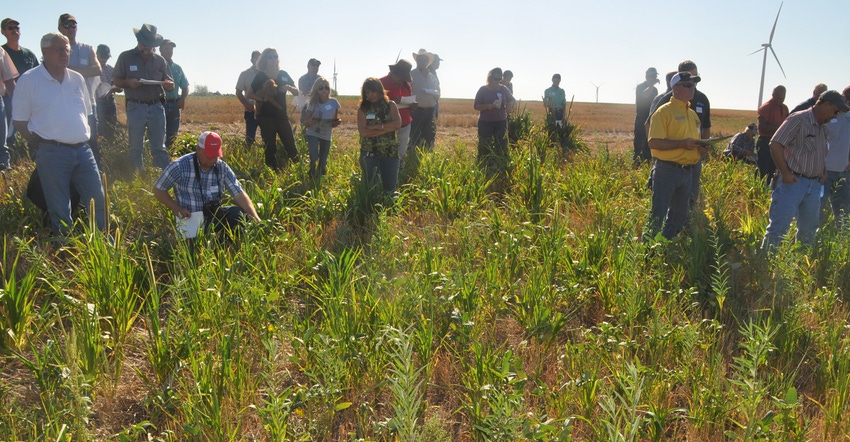
Regenerative agriculture is the watchword of the future. More and more producers are using practices that improve soil health on their own operations.
But this movement is not just about improving soil health and doing the right thing for the environment, reducing the carbon footprint (to less than zero in many cases). It’s also about being less stressed, more satisfied with farming and ranching, and feeling more optimistic about the future. Add in that it’s about being more profitable, and you begin to see the size of the “win.”
A new poll from the South Dakota Soil Health Coalition finds another result: Soil health farmers and ranchers are having more fun.
The poll was conducted by South Dakota State University in partnership with SDSHC and supported by the USDA Natural Resources Conservation Service. Both conventional-practice producers and soil health-practice producers were queried about their current stress levels on a range of issues from market price volatility to extreme weather events. They were also asked to assess their operation’s current and future profitability, input cost pressure and natural resource conditions for passing their farm to the next generation.
Soil health producers reported lower costs and a higher level of confidence their operations would be positioned for the future, both in terms of economics and in terms of natural resources. The poll showed 31% of soil health farmers and ranchers reported increased profitability in 2019 while only 12% of conventional producers did so.
When asked about prospects for the next three to five years, a significantly higher percentage of soil health producers (69% vs. 36%) predicted increases in profits. By a margin of 83% to 60%, soil health producers said their operations would be more resilient to weather extremes.
It's important to note that all farmers and ranchers — regardless of their management choices — are interested in maintaining healthy soils, clean water and clean air.
The big difference I note in this survey is in the perception of being able to economically implement conservation practices.
Regenerative agriculture is becoming increasingly documented as proving that there are more than environmental benefits. There are agronomic benefits and economic benefits as well. That brings reduced stress, peace-of-mind and a sense of optimism. Those benefits are hard to overestimate, especially in times of weather and market stress.
Soil health practices include no-till, cover crops, diverse cropping rotations, integration of grazing animals and more. Producers who want to learn more about integrating some of those practices can learn more from their local NRCS offices. You can also attend one of a number of online and in-person seminars and field days in your area.
Here's to healthier soils, happier crops and more profitable producers.
About the Author(s)
You May Also Like






